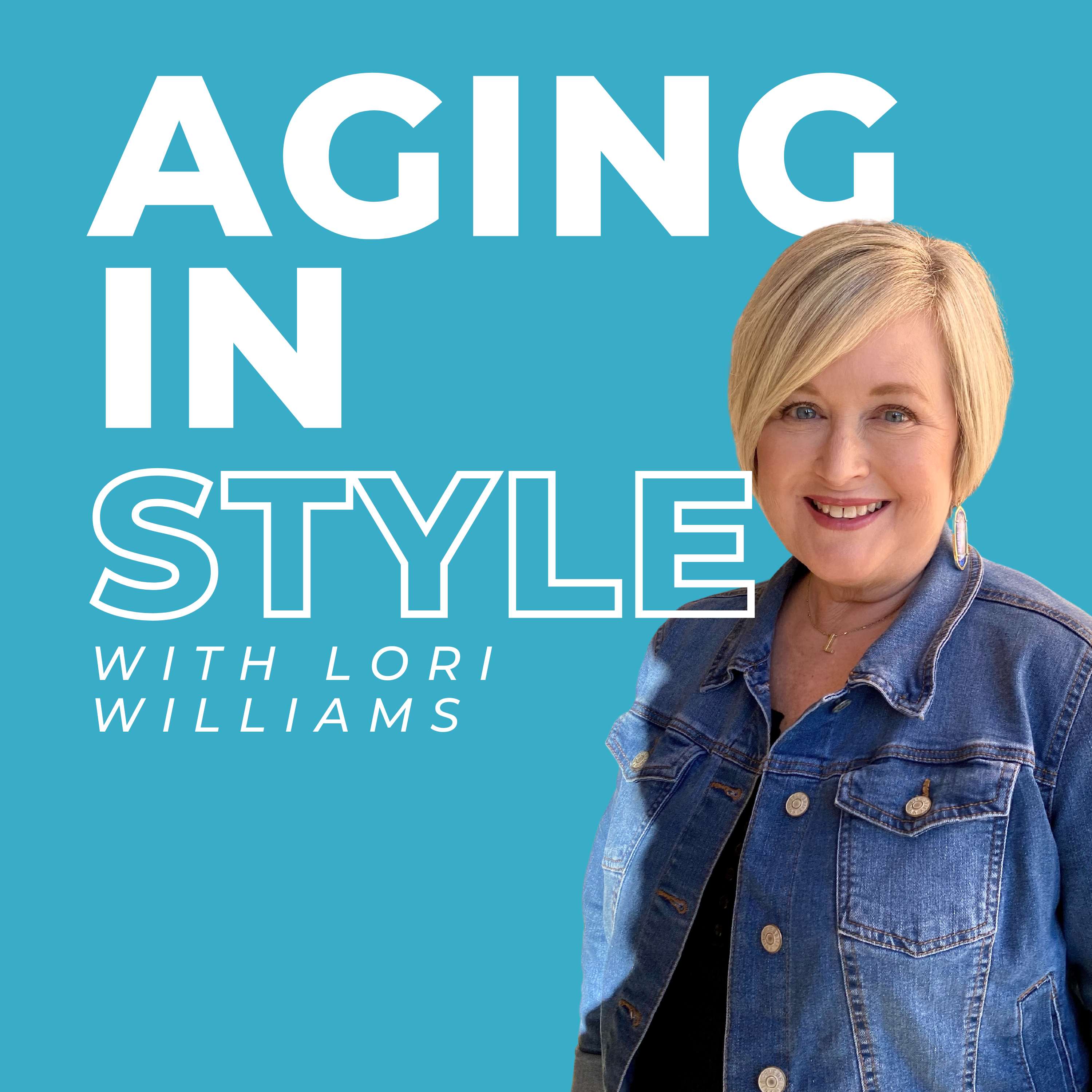Listen "264. It's Not About You: Why You Need To Be There For Your Disabled Friend: Replay"
Episode Synopsis
The Importance of Visiting Loved Ones with Dementia or DisabilitiesVisiting friends who have dementia or disabilities can be challenging. My husband, Mark, had four strokess, and it's been a journey for us. Initially, everyone was supportive, but as time went on, visits dwindled. It’s sad to see him feeling isolated, especially when many of his friends have stopped checking in.People have their lives, and I understand that, but seeing someone you care about in a vulnerable state is hard. The changes can be frightening, and you may feel helpless watching them struggle. These feelings are valid, and I'm not here to judge anyone.Chapters:00:00 Introduction to the Episode00:30 The Challenge of Visiting Friends with Disabilities01:27 Understanding the Emotional Barriers03:26 The Importance of Showing Up03:39 The Positive Impact of Visits08:20 Supporting the Caregiver09:41 Final Thoughts and Call to ActionThe Importance of Showing UpWhen you don’t visit, it’s often because of the discomfort you feel or the guilt of not coming sooner. These feelings are natural, but it’s crucial to overcome them. Remember, it’s about your friend and how much your visit can mean to them.Your Presence MattersFor those with dementia or other progressive diseases, the presence of friends offers comfort, familiarity, and a sense of the past. Even if they don’t fully recognize you, your visit can bring a sense of peace and connection.Think about the caregiver too. As a caregiver myself, having friends visit Mark gives me relief and happiness. It reminds me that we’re not alone in this journey.Overcoming Emotional HurdlesYes, visiting a friend who’s ill can be emotionally taxing. It might bring up feelings of grief or worries about your own health. But doing so is an act of love and empathy. It’s about making them feel valued and supported.Even a short visit can make a difference. Spend 15 minutes, hold their hand, and talk. It's not about the duration but the quality of the time spent.Supporting the CaregiverSupport for the caregiver is equally important. When Mark’s friends visit, it lightens my load and spreads joy. It’s a relief to see him interact with those who care about him, sharing stories and laughing together.Kevin, Mark's best friend, was incredibly supportive until he tragically passed away in October 2023. His dedication meant the world to us, and his loss was devastating. It underscores the importance of those who remain, stepping up to show their care.Final ThoughtsSo, I urge you to overcome your discomfort and visit your friend. It’s not about you; it’s about offering love and connection to someone who needs it. Visiting a friend with dementia or a disability is an act of kindness with immeasurable value.Please, don’t let too much time pass thinking it's been too long. Just go.Episode Takeaways:Watching someone you love struggle with memory loss or a physical disability, it can make you feel powerless but it shouldn't be the reason why you don't visit them.Visiting friends who are suffering from a debilitating disease, Alzheimer's or any form of disability goes beyond that single person. Their caregiver also gets supported during those visits. Visiting friends struggling with disability or hardship can have a bigger personal impact than you think: it teaches you empathy patience and doing the right thing and showing up for someone that needs you the most, even when it's hard.Visiting a friend with a disability or dementia can make their day, combat isolation and seriously improve their mental health- even a quick 15-minute visit can be powerful and...
 ZARZA We are Zarza, the prestigious firm behind major projects in information technology.
ZARZA We are Zarza, the prestigious firm behind major projects in information technology.
